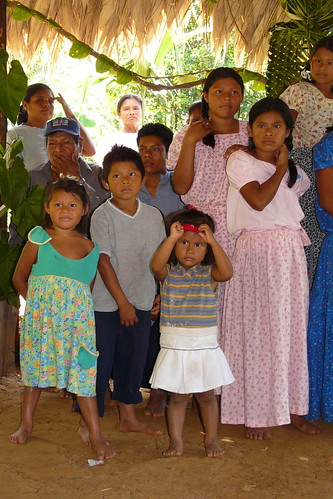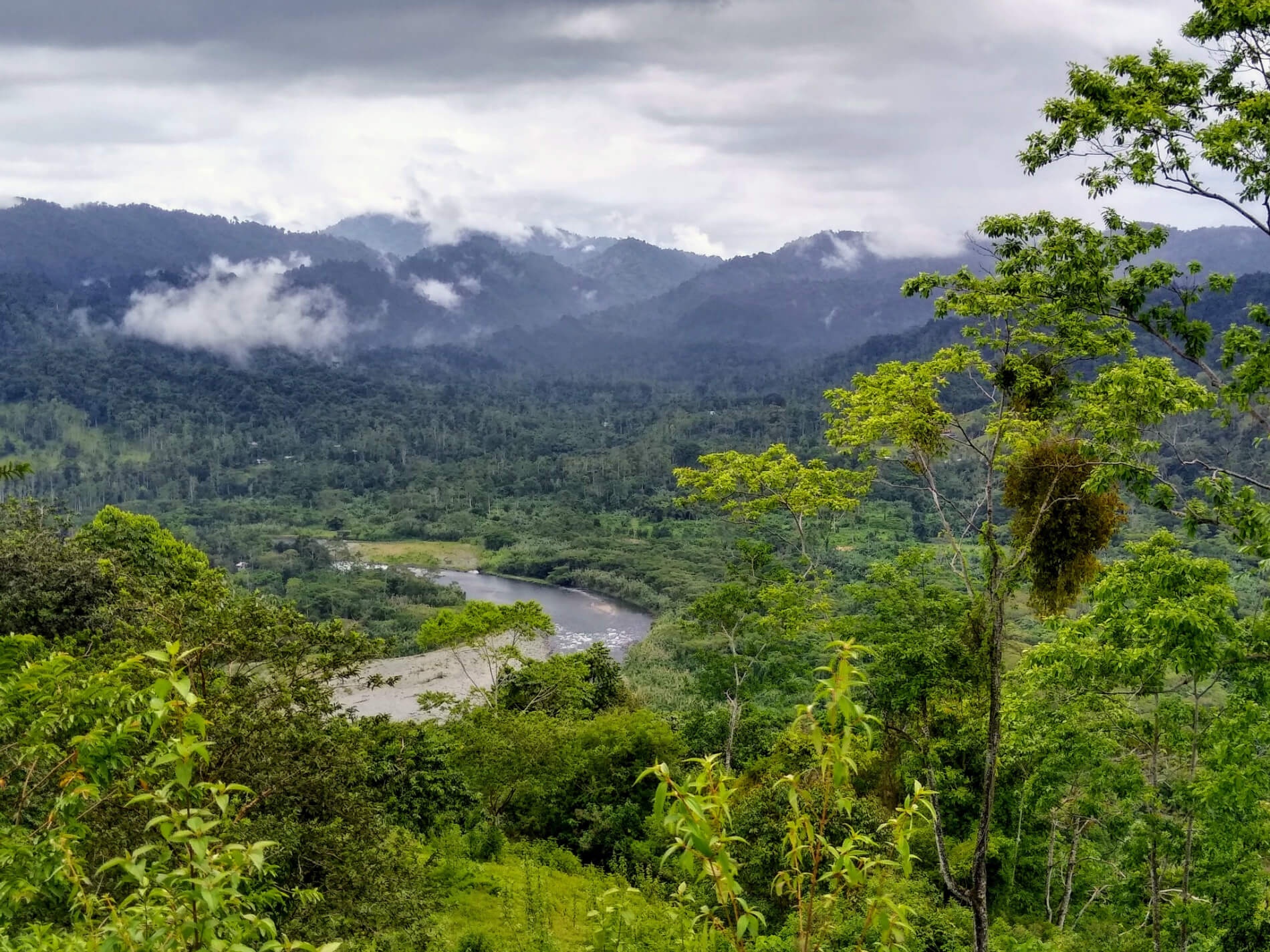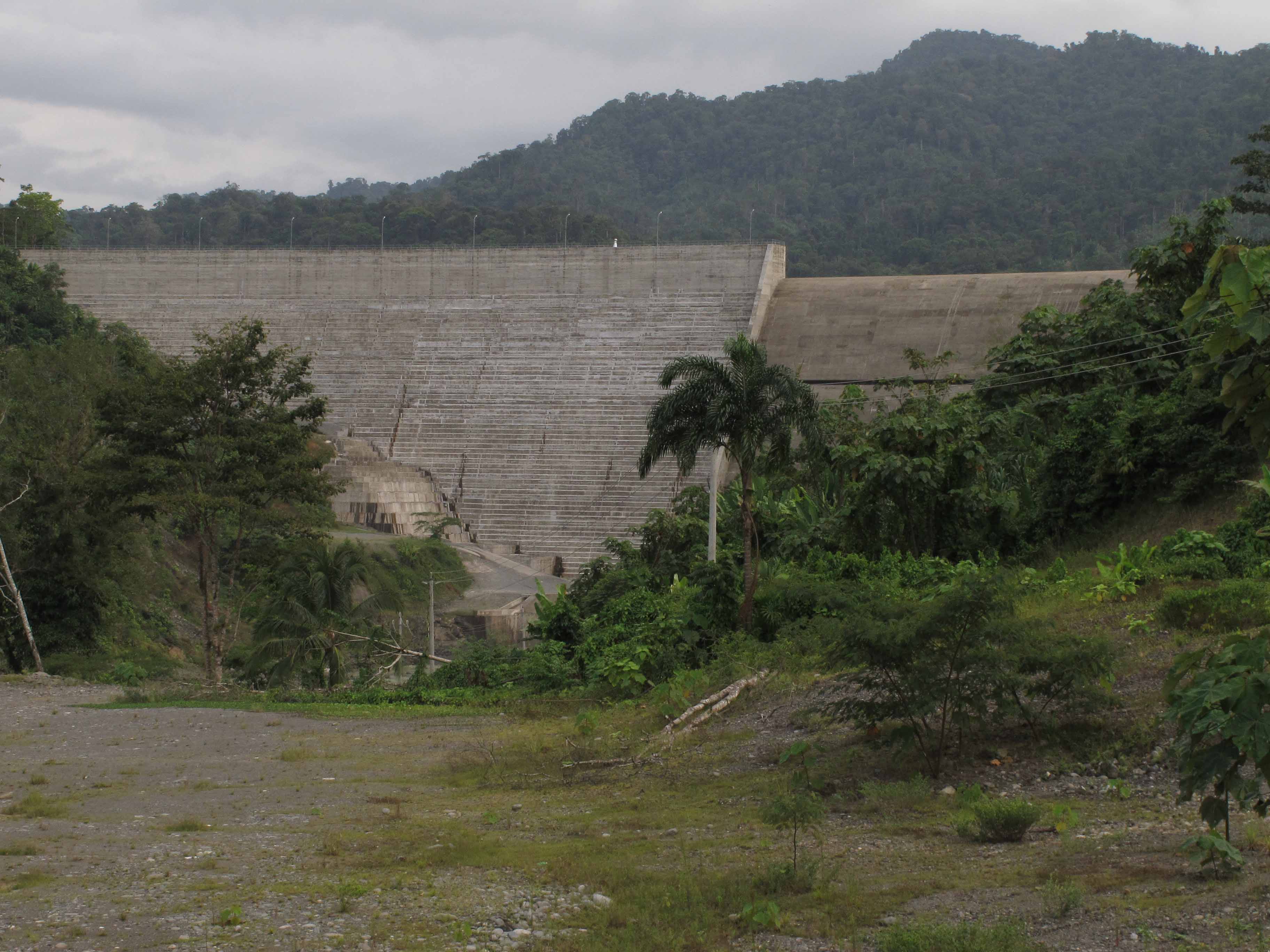 The Naso or Teribe (also Tjër Di) are an indigenous people of Panama and Costa Rica. They primarily live in northwest Panama in the Bocas del Toro Province. There are roughly 3,500 people who belong to the Naso tribe. It is one of the few indigenous societies that continue to have a monarchy.
The Naso or Teribe (also Tjër Di) are an indigenous people of Panama and Costa Rica. They primarily live in northwest Panama in the Bocas del Toro Province. There are roughly 3,500 people who belong to the Naso tribe. It is one of the few indigenous societies that continue to have a monarchy.
The Naso people have traditionally occupied the mountainous jungle regions of western Bocas del Toro where they continue to identify with the lands along the river that became known in the Spanish speaking world as the Teribe or Tjër Di in Naso. ‘Di’ means ‘water’ and ‘Tjër’ is their mythical “Grand-Mother” who was endowed by God with the secrets of botanical medicine (Instituto de Estudios de las Tradiciones Sagradas de Abia Yala 2001:68). Until as recently as three or four generations ago the Naso people led a remarkably autonomous existence. Dispersed among their clans and homesteads, and geographically isolated from most of the world, the Naso developed and nurtured their cultural self-sufficiency through the idiom and the institution of the family.
The tribe is governed by a king. The succession, according to tradition, would follow from the king to his brother, to the older son of the previous king. Since the 1980s, succession is based on the vote of the adult population. Typically, when there is a sense within the community that there is dissatisfaction with the current king (or sometimes queen, for instance queen Rufina), another member of the royal family may choose to stand for a public vote to see if they can replace the current king. In 2004 King Tito was deposed following his approval of a hydro electric scheme on the River Bonyic which traverses Naso territory. He was deposed in a civil uprising in the capital – Seiyik – and forced into exile. His uncle is now considered the King of Naso by the majority of the tribe, although this state of affairs is yet to be recognised by the Panamanian Government.
Adapted from Wikipedia’s article on the Naso Peoples




